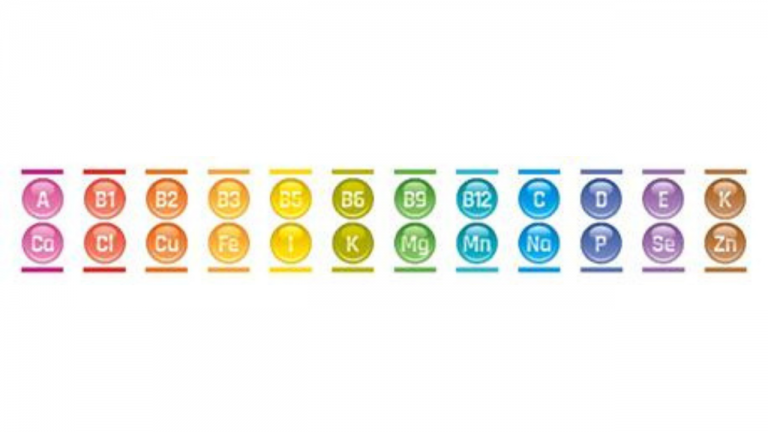Are there any Drawbacks to Following a Vegetarian Diet?

While a vegetarian diet can provide numerous health benefits, there are also potential drawbacks to consider:
Nutrient deficiencies: Vegetarians may be at risk for nutrient deficiencies if their diet is not properly balanced. For example, plant-based diets may be low in vitamin B12, iron, calcium, and omega-3 fatty acids. Vegetarians should be mindful of their nutrient intake and consider supplementation or fortified foods if necessary.
Protein intake: Vegetarians need to pay attention to their protein intake, as plant-based sources of protein are often incomplete, meaning they lack one or more of the essential amino acids. Vegetarians should make sure to include a variety of protein sources in their diet, such as legumes, nuts, seeds, and whole grains, to ensure they are getting all of the essential amino acids.
Cost: A vegetarian diet can be cost-effective, but some vegetarian products, such as meat substitutes and organic produce, can be more expensive than their non-vegetarian counterparts. This can make it challenging for some people to follow a vegetarian diet on a budget.
Social situations: Social situations, such as eating out or attending events, can be challenging for vegetarians, as many restaurants and events may not have vegetarian options. This can lead to feelings of isolation or discomfort.
Food choices: Following a vegetarian diet requires more careful food choices and planning, as many convenience foods are not vegetarian-friendly. Vegetarians may need to spend more time preparing meals and planning their diets to ensure they are getting all of the necessary nutrients.
It’s important to note that these drawbacks can be mitigated by proper planning and education. A vegetarian diet can be a healthy and fulfilling way of eating, but it’s important to be aware of the potential challenges and address them accordingly.



